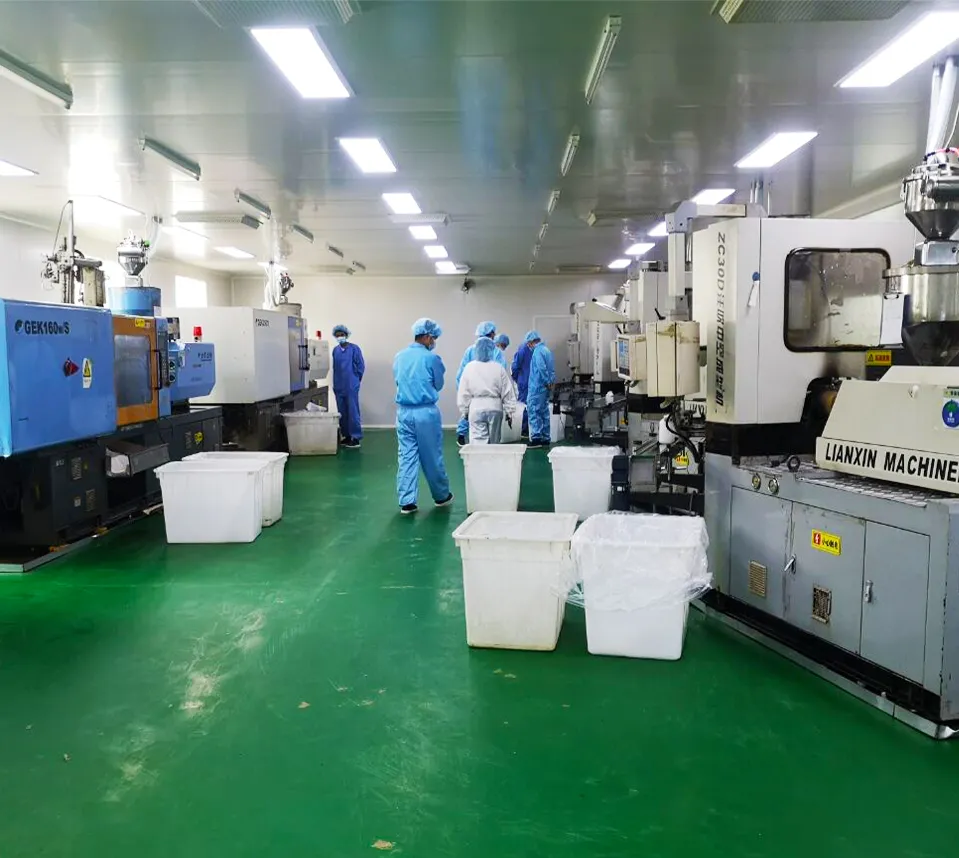lab consumables list
Understanding the Importance of Lab Consumables A Comprehensive Overview
In the realm of scientific research and experimentation, lab consumables play an indispensable role. These items, which include everything from pipettes and test tubes to gloves and reagents, are vital for conducting experiments, ensuring safety, and maintaining the integrity of results. This article delves into the various categories of lab consumables, their significance, and best practices for managing them efficiently.
Categories of Lab Consumables
Lab consumables can be broadly categorized into several groups
1. General Supplies This group includes items that are essential for daily laboratory operations. Examples include gloves, lab coats, masks, and safety goggles. These consumables are crucial for ensuring the safety of laboratory personnel and preventing contamination of experiments.
2. Glassware and Plasticware Glass and plastic labware are fundamental components of any laboratory. This category encompasses beakers, flasks, pipettes, Petri dishes, and many other items. Each piece of labware serves a unique function, and their proper selection is critical to the success of an experiment. For instance, certain reactions may require specific types of containers to prevent unwanted chemical reactions.
3. Reagents and Chemicals Reagents are substances used to create chemical reactions or to analyze samples. These include acids, bases, salts, and assorted chemical mixtures. The accuracy and reliability of experimental results largely depend on the quality and purity of reagents used. Furthermore, it is essential to monitor their storage conditions, expiration dates, and proper labeling to avoid hazardous reactions.
4. Microbiological Consumables In microbiology labs, consumables such as agar plates, sterile swabs, and inoculating loops are crucial for isolating and growing microorganisms. Additionally, maintaining a sterile environment is essential, making disposable microbiological supplies indispensable.
5. Diagnostic Tools and Assays In clinical and research settings, various diagnostic kits and assay components are used to perform tests on samples. These can range from enzyme-linked immunosorbent assays (ELISAs) to polymerase chain reaction (PCR) kits. The consumables in this category often come with a stringent quality control requirement, as inaccurate results can have serious implications.
Significance of Lab Consumables
The importance of lab consumables cannot be overstated
. They are the backbone of laboratory operationslab consumables list

- Facilitating Research Consumables enable scientists to perform complex experiments and achieve meaningful results. The right consumables ensure that research can proceed smoothly and that outcomes are reproducible.
- Ensuring Safety Many consumables are designed specifically to enhance safety within laboratories. Personal protective equipment (PPE) shields researchers from hazardous materials, while proper labware reduces the risk of spillage and contamination.
- Maintaining Quality The quality of research is closely linked to the consumables used. High-quality materials yield reliable and valid results. In contrast, subpar consumables can lead to erroneous data, resulting in wasted time and resources.
- Cost Efficiency Managing consumables effectively helps laboratories optimize their budgets. Regular inventory checks and preventive measures can prevent over-ordering and reduce waste, ensuring that funds are allocated wisely.
Best Practices for Managing Lab Consumables
To maximize the efficiency of lab operations, laboratories should adopt effective inventory management practices
1. Regular Inventory Audits Conducting frequent inventory checks ensures that labs remain stocked with essential items and helps identify which consumables need to be reordered.
2. Standardized Labeling Every consumable should be clearly labeled with important details such as expiration dates and storage conditions. This practice aids in maintaining the quality and safety of materials.
3. Supplier Relationships Establishing relationships with reliable suppliers can enhance the procurement process. This not only ensures a steady flow of quality consumables but also enables labs to stay informed about new products and technologies.
4. Employee Training Ensuring that all laboratory personnel are trained in the proper usage and disposal of consumables can enhance safety and operational efficiency.
In conclusion, lab consumables are essential for the success of scientific endeavors. Their diverse categories serve distinct purposes, all contributing to the broader goal of advancing knowledge through research. By following best practices for managing consumables, laboratories can ensure safety, maintain quality, and foster efficient research environments. In the ever-evolving field of science, understanding and prioritizing lab consumables is a fundamental aspect every researcher must recognize.
-
Aesthetic Makeup Spray Bottles | Fine Mist Empty RefillableNewsAug.19,2025
-
White Plastic Veterinary Vaccine Vials | Lab Liquid BottlesNewsAug.18,2025
-
Plastic Medicine Liquid Bottle: Secure Flip Top Drug VialsNewsAug.17,2025
-
Durable 250ml Blue Plastic Vaccine Vial for Lab & Vet UseNewsAug.16,2025
-
Sterile Virus Sample Tubes: Secure & Reliable Specimen CollectionNewsAug.15,2025
-
White 250ml Plastic Vaccine Vial for Lab & Vet MedicineNewsAug.14,2025
























